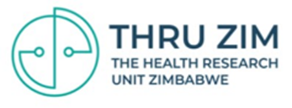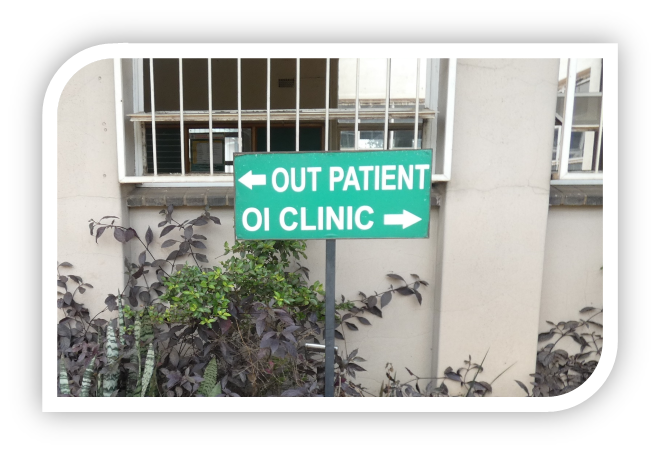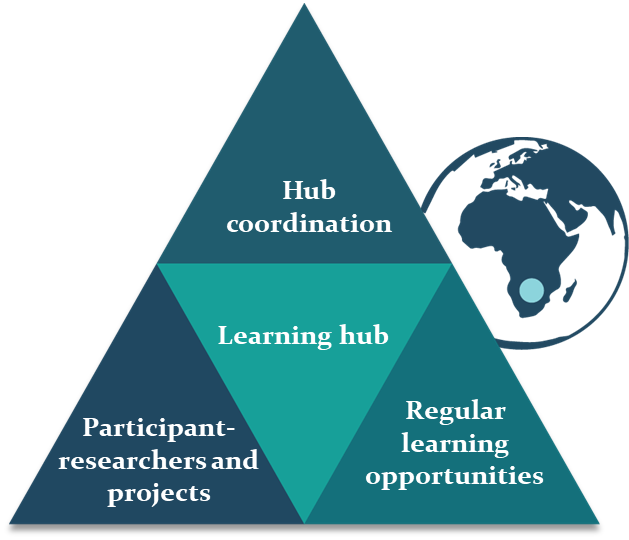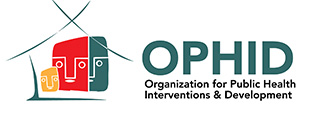Mulimorbidity and Learning Health Systems: Optimizing Data-to-Action (KnowM and OptiMul Studies)






In collaboration with the London School of Hygiene and Tropical Medicine (Principal Investigator Dr Justin Dixon), the University of Zimbabwe and The Health Research Unit Zimbabwe and the University of Zimbabwe, OPHID implemented the KnowM study from 2023-2024. The study sought to formatively assess the challenge of MM for Zimbabwe’s health system.
Want to learn more? See our publications and presentations
KEY FINDINGS of KnowM:
- Free, decentralized HIV & TB care contrasts with centralized, expensive care for non-communicable diseases
- Fragmented care is especially detrimental for clients with multimorbidity
- Challenges in health service delivery reflect wider system ‘siloes’.
The KnowM study identified enablers and opportunities to strengthen the provision whole person care in Zimbabwe.
— KnowM participant
In 2024-2030, with further support from Wellcome Trust, KnowM partners will embark on a Phase II study: Multimorbidity and Learning Health Systems: Optimising Data-to-Action (OptiMuL).
OptiMuL will bring together researchers, decision-makers, and stakeholders to form a multimorbidity learning hub. The aim will be to support bi-directional learning for integrated care models.
The models co-created through OptiMuL will need to be tested in “real world” implementation contexts to determine if they are acceptable to both health care workers and patients, and improve the quality of care received by clients living with multimorbidities with potential to scale.

